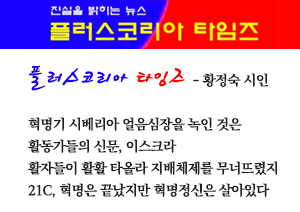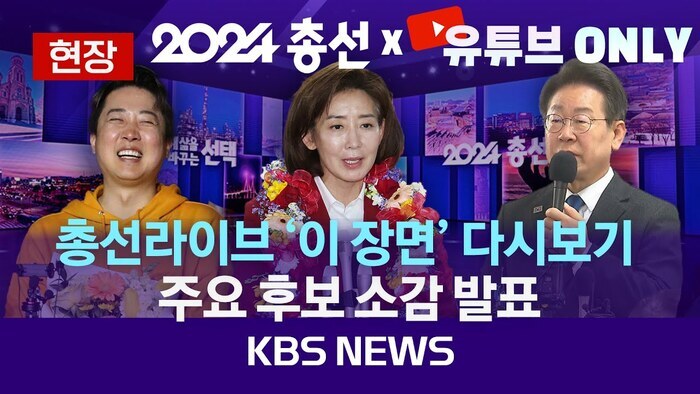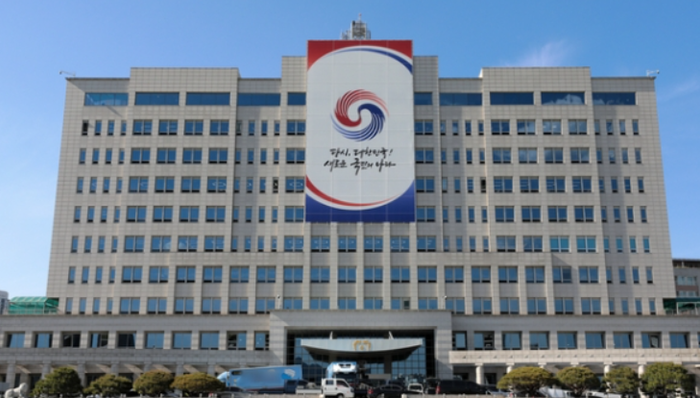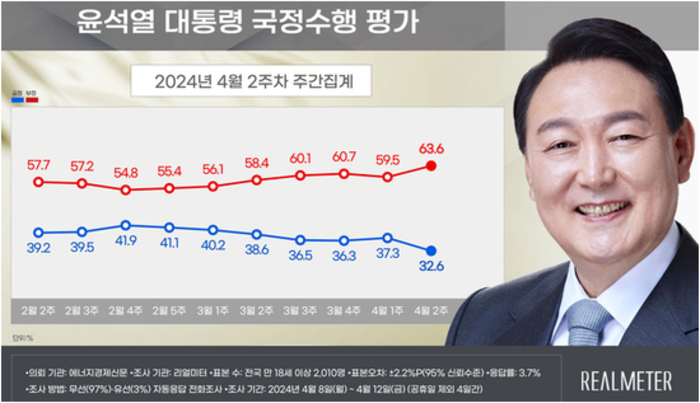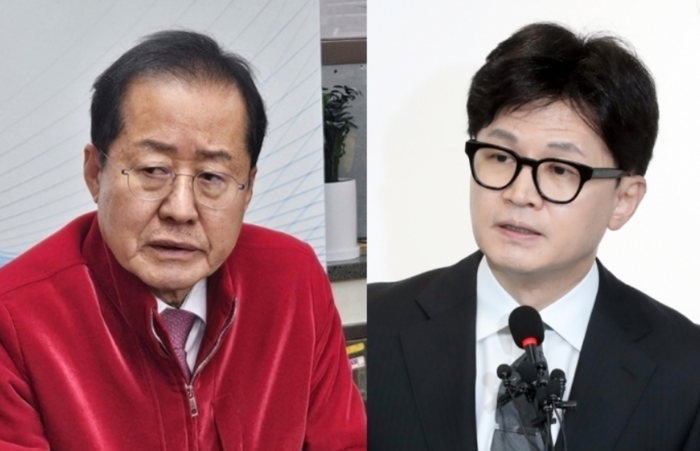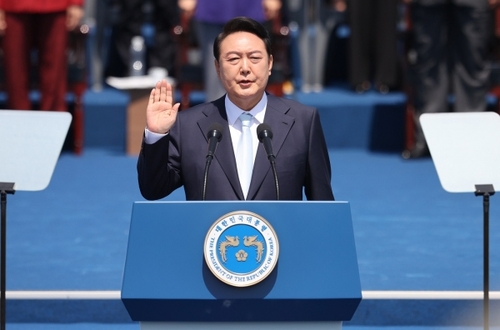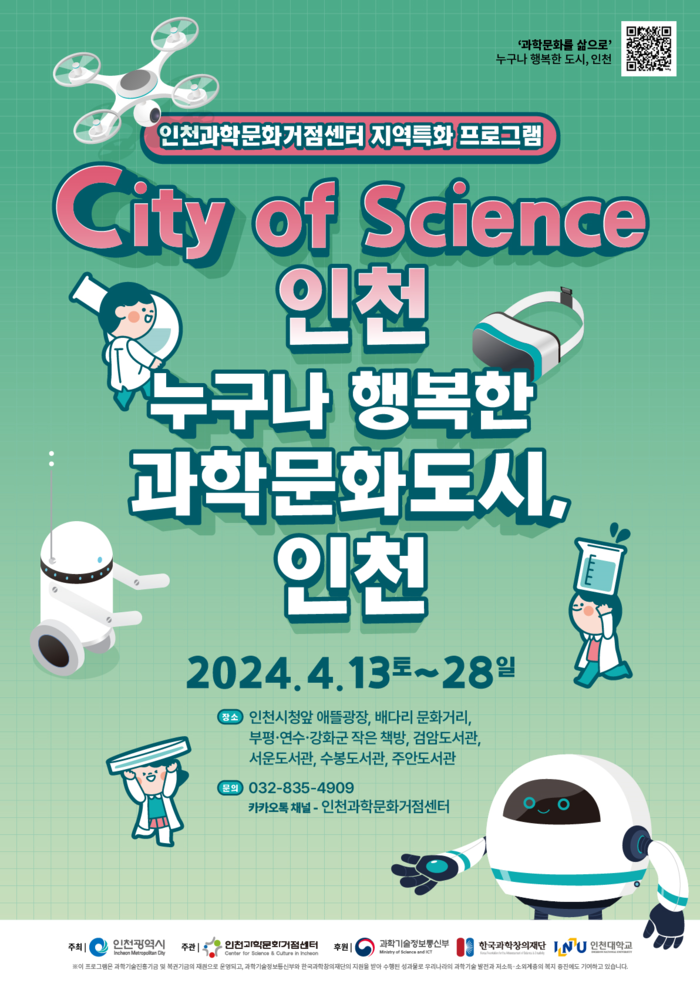|
[21세기 세계 주도의 핵심사상으로 일컬어지고 있는 홍익인간 사상에 관하여, 우리나라가 이제 지향해야 할 새로운 홍익인간 사상의 현대화 적용이론을 개발하여 제시하고자 한다. 본 내용은 임기추박사의 저서 “홍익인간 사상의 현대화 적용이론”(2022)을 60여회로 나누어 연재한다. 편집자 주]
3) 홍익인간 사상의 현대적 적용 모색
홍익인간 사상관련 선행연구사례
정연식(1983)은 “홍익인간 사상의 핵심적 내용을 인본주의라고 요약하면서 국가와 권력・정치・경제와 돈・시장, 사회제도나 조직, 학술・종교와 기술문명 등 세상을 규제하는 모든 문명장치는 인간의 행복에 봉사해야 한다는 인간중심적 사상과, 이웃과 공동체의 행복에 기여하는 삶이 바람직한 삶이라고 보는 이타주의, 그리고 내세가 아닌 현세에서의 행복을 중시하는 현세주의”를 주요내용으로 포함하였다. 권성아(1999)는 “홍익인간의 인간을 개인보다 사람과 사람이 더불어 사는 세상으로의 인간세계”를 뜻하는 것으로 풀이하고, “인간세상이나 인간공동체로 해석”하였다.
김인회(1999)는 “‘인간’을 사람과 자연을 망라한 개념인 ‘누리’”로 풀이하였다. 이장희(2003)는 “홍익인간 이념은 남북 및 주변국가들과 인류사회에 고루 수용 가능성이 있어서 모든 민족구성원으로부터, 그리고 국제사회로부터 지지를 받게 될 것”이라고 주장하였다. 서보근(2012)은 “통일문제를 비롯해 국가 간, 민족 간, 인종 간의 여러 갈등과 대립을 넘어서 해결해야 할 현안문제가 홍익인간 이념의 현대 적용이 가능하다”고 주창하였다. 또한 “정치・경제・사회・문화・환경 등 다양한 영역에서 국가・민족과 인류의 문제해결을 위해 홍익인간 사상의 지혜를 적극 활용할 수 있어야 한다”고 제기하였다.
정영훈(2013)은 “홍익인간의 ‘인간’을 인간사회-인간세상이나 공동체로 해석, 즉 인간-사람과 사회-공동체의 행복을 우선 고려하고 있다”는 점을 가리키며, 현대어의 사람이나 인간 또는 존재라는 말로 풀이하고 있다. 특히 홍익인간 사상을 ‘통치자와 관리계급이나 피치자-백성-민중’으로 맺고 있는 관계라고 분석하였다. 또한 홍익인간은 인간을 둘러싸고 있는 정치・경제・사회・문화・교육・학술・종교・언론 등 모든 영역에서, 인간에게 지식과 정보 및 재물을 불려서 넘쳐나도록 풍요롭게 하는 경제성장과 부(富)의 축적에 기여한 각자의 몫에 따라 고르게 배분되는 상생하는 공동체라 주장하였다. 그리고 인간을 위해 존재하는지, 인간의 행복에 기여하는지를 분석해야 한다고 주장하였다. 박금해(2016)는 홍익인간 사상이 “개인과 개인, 국가와 국가, 민족과 민족, 종교와 종교, 인간과 자연 간의 화해와 공존을 지향하는 보편적 평화의 사상”이라고 고찰하였다. 나아가 “남과 북은 물론 세계 모든 사람들에게도 높은 수용 가능성을 지니는 것”으로 주장하였다.
김철수(2015)는 홍익인간을 “신과 인간, 동물과 식물, 산과 자연이 공생하는 사상으로 갈무리”할 수 있다고 언급하였다. 그리고 “개개인 사이, 국가 사이, 민족 사이의 조화와 공존을 지향하는 인류 보편적 사상이며, 사람과 자연과의 사이로 형성되는 세상”으로 주장하고 있다. 신용하(2019)는 “홍익인간의 ‘인간’이 보편적 평등과 상호 협동관계의 인간을 의미하는 것으로, 즉 신분・계급 차별이 없고 씨족・부족 차별이 없는 본래 평등하고 협동적인 ‘보편적 인간’, ‘인간존중’, ‘인간 중심주의’, ‘인간사랑 정신’, ‘인간균평 정신’을 강조하는 개념이라고 분석”하였다.
이와 같은 선행연구를 참조하여 개인・집단 구분, 인적 속성 범주, 영역 차원, 집행・결정주체기관 차원 등의 상대관계를 홍익인간의 분석과 관련한 범주로 포함해서 시도할 수 있다.
홍익인간 사상의 현대적 적용상 상대관계 고려
홍익인간에 관한 연구사례에서 박금해 논문은 “개인과 개인, 국가와 국가, 민족과 민족, 종교와 종교, 인간과 자연 간,” 권성아 논문은 “사람과 사람,” 서보근 논문은 “국가 간, 민족 간, 인종 간,” 김철수 논문은 “개개인 사이, 국가 사이, 민족 사이” 등에 홍익인간 사상의 현대적 수용 및 적용가능성을 지니는 것으로 분석하였다. 이 연구결과를 참고하여 본고는 홍익인간의 범주구분별 상대관계를 고려해 분석할 수 있다. 홍익인간 사상을 현대적으로 적용해볼 수 있는 대상인 인간의 ‘모두’에 대한 각각의 몫에 비례하는 고른 배분과 행복의 기여를 추구하되 차별없이 이롭게 적용할 수 있는 상대관계를 개인・집단, 인적 속성, 영역 차원 및 집행・결정주체기관 등으로 구분하여 살펴보고자 한다.
개인과 집단 차원의 상대관계 고려: 박금해, 김철수, 권성아・정영훈 논문을 참조해서 개인・집단 차원에서 상대관계의 사례를 예시해 볼 때 남대 여, 부모대 자식, 엘리트대 일반직업인, 상류층대 하류층, 노령층대 청장년, 승자대 패자, 갑과 을 등으로 들 수 있다. 또한 사용자대 노동자, 대기업대 중소기업, 고급주택대 서민주택, 부국대 빈국, 선진국대 후진국, 백인대 흑인 등이라는 관계를 들 수 있다. 홍익인간에 대한 “인간을 모두 이롭게 한다.”라는 새 해석에 의거하여 승자와 패자이든, 상류층과 하류층이든, 노령자와 청장년이든 “모두 이롭게 한다.”는 그대로 적용해 보는 것이 가능하다. 법령・제도적 결정권자는 특정 홍익정치의 적용관련 앞에 언급한 개인・집단 차원의 상대관계에서 홍익정치 적용과, 법령・제도의 준수와 보완 등 재세이화의 실천에 의해서 누구나 이롭게 반영할 수 있다.
앞서 언급한 홍익인간의 재해석인 “인간을 모두 이롭게 한다”에 의거하자면 엘리트대 일반직업인이든, 상류층대 하류층이든지 “모두 이롭게 한다”로 풀이해 보는 것이 가능하다. 다시 말해, 통치자는 홍익인간의 개념에 의거해 어느 개인이나 집단 구성원의 성별・나이・직업・학력・소득수준이나 가구・주택형태・지역・민족・국적 등의 구분별 차원에서, 각자의 몫에 비례하는 고른 배분과 행복의 기여 및 차별없이 모두가 이롭도록 홍익정치에 구현해 시행할 수 있다.
인적 속성 구분의 상대관계 고려: 특정 홍익정치의 적용관련 박금해, 김철수의 논문을 참고한 결과로 인적 속성에 있어서 성별, 연령, 직업, 학력이나 가구, 소득수준, 주택형태, 그리고 지역, 인종, 민족, 국적 등의 범주를 구분할 수 있다. 평등이념상으로 구분해 본다면 성별, 연령, 피부색, 인종, 출신민족이라든지 출신지역, 장애, 신체조건, 사회적 신분이나 정치적 의견 등으로 열거하는 것이 가능하다(임인규, 2008).
앞서 새 해석에 의해 홍익인간의 “인간을 모두 이롭게 한다”에 의하면 성별, 연령, 직업, 학력이나 소득별로 “모두 이롭게 한다”로 풀이하는 것이 가능하다. 홍익인간의 새 해석에 의거 홍익정치 구현을 위해서 성별, 연령, 직업, 학력 등과 같은 범주별로 “모두 이롭게 한다.”와 같은 적용이 가능할 것이다. 어느 개인이나 집단내 구성원의 구분 및 속성 구분별 범주에 의해서 ‘모두’에 대한 각자의 몫에 비례하는 고른 배분과 행복의 기여 추구 및 차별없이 이롭게 실현할 수 있도록 법령・제도 결정권자는 누구에게나 적용할 수 있다.
영역 차원의 상대관계 고려: 정연식, 서보근, 이장희, 정영훈, 박금해, 김철수, 서보근 등과 같은 선행연구결과를 참조해서 영역 차원은 국가 전체를 비롯해 정치・경제・사회 등으로 구분이 가능하고, 영역 차원의 상대관계로는 다양하게 분류가 가능할 것이다. 특히 정치영역 차원에서는 대통령대 국민, 대통령대 유권자, 정치인대 유권자, 정당대 국민, 정당대 유권자, 여당대 야당, 다수 여당대 소수 야당, 피선거권대 선거권, 엘리트대 피지배대중 등의 관계에서 모두를 이롭게 홍익정치에 반영해서 실현할 수 있다.
홍익인간의 재해석인 “인간을 모두 이롭게 한다”에 의거하자면 대통령대 국민, 대통령대 유권자, 정치인대 유권자, 정당대 국민 등의 관계에서 “모두 이롭게 한다”로 풀이하는 것이 가능할 것으로 판단한다. 본고에서 “인간을 모두 이롭게 한다.”는 해석을 기초로, 홍익정치 구현을 위하여 상류층과 서민층, 수도권과 지방, 정규직과 비정규직 등의 관계에서 “모두 이롭게 한다.”는 개념대로 적용하는 것이 가능할 것으로 보기 때문이다.
집행・결정주체기관 차원의 상대관계 고려: 집행・결정주체기관 차원에서 범주를 구분하자면, 먼저 국가기관의 경우 주지하는 것처럼 입법기관과 사법기관 및 행정기관 등을 들 수 있다. 집행주체기관으로는 대통령을 위시해 국무총리, 정부부처 장관, 시도지사와 지방자치단체장 및 공공기관장 등이 있다. 집행・결정주체기관의 상대관계에서는 대통령대 국민, 국무총리대 국민이나 정부부처(장관)대 국민, 시도지사대 시도민, 그리고 정부부처대 사업자, 공무원대 민원인 등과 같은 구분이 가능할 것이다.
홍익인간의 새 해석, 바로 “인간을 모두 이롭게 한다.”에 의거 예를 들어서 대통령은 국민, 정부부처 장관도 국민, 시도지사는 시민・도민 등을 모두 이익이 되도록 적용이 가능할 것이므로, 공동체의 신뢰도 향상, 공정성 제고, 나아가 양극화 해소 등과 같은 효과를 기대할 수 있을 것으로 본다. 여기서, 홍익인간의 재해석인 “인간을 모두 이롭게 한다”에 의거해 예를 들어 보면, “대통령은 국민을 이롭게 한다.” “정부부처 장관은 국민을 이롭게 한다.” “시도지사는 시도민을 이롭게 한다.” 등으로 해석할 수 있다.
이러한 사례와 같이 집행・결정주체기관의 구분에 따른 다각적 상대관계의 이해 속에서 홍익정치 적용관련 각자의 몫에 비례하는 고른 배분과 행복의 기여 및 차별이 없이 모두 이익이 추구될 수 있는 홍익인간 관점 및 가치의 지향적 개인・집단, 인적 속성, 영역 차원의 구분 등 상대관계를 모색할 수 있다. 따라서 법령・제도적 결정권자는 재세이화의 법령・제도 준수나 보완에 의하여 각각의 몫에 비례하는 고른 배분과 행복의 기여를 추구하되 차별이 없이 모두 이익이 되도록 실현시킬 수 있을 것으로 사료된다.
홍익인간 사상의 홍익정치 적용원칙 모색
앞서 고찰해 본 홍익인간 사상의 현대적 실천방법과 홍익인간 범주별 상대관계의 고려에 입각하여 홍익인간 사상의 현대적 적용에 의한 홍익정치 적용원칙을 모색할 수 있다. 법령・제도적 결정권자는 홍익정치관련 당사자・이해관계자 간에 1) 개인・집단 차원의 상대관계와, 2) 정치영역을 비롯한 경제・사회 등과 같은 영역의 상대관계 속에서, 3) 성별・연령・학력・직업・소득 등의 인적 속성구분별 상대관계 속에서, 4) 집행・결정주체기관 등의 상대관계에서 각각의 몫에 비례하는 고른 배분과 행복의 기여를 추구하되 차별이 없이 반영해야 한다. 여기서, 당사자란 사전적으로 어느 정책이나 구체 사안과 관련한 직접적 법령・제도 결정에 영향을 받는 자이고, 이해관계자란 간접적 영향을 받는 사람 또는 당사자 이외에 이해가 관련되는 자라고 할 수 있다.
5) 홍익정치 사안의 계획・집행・점검・평가중 제반단계에서 법령・제도적 연계 영향분석의 실시에 의해, 6) 개인・가정・사회・국가 등의 홍익인간 관점 및 경제・비경제적 가치들을 추구해야 한다. 7) 어느 개인이나 집단의 구성원에 관한 법령・제도 결정권자의 법령・제도 준수와 보완 등과 같은 재세이화의 홍익정치 실행역량에 의해서 모두를 이롭게 실현할 수 있도록, 홍익인간 사상의 현대적 적용을 고려한 홍익정치 적용원칙을 정리할 수 있다.
여기서, 법령・제도적 연계 영향분석관련 사례로 ‘부동산공시가격의 현실화계획(2020.11)’과 관련 가격 인상이 복지분야 10개, 부담금분야 4개, 행정분야 21개, 조세분야 8개, 부동산평가분야 20개 등 5개 분야의 63개 제도에 연계효과가 미치는 것으로 분석한 결과가 있다(박정환, 2021). 예를 들자면, 공시가격 상승시 부동산의 소득환산금액이 증기됨에 따라 복지분야중 기초연금 및 장애인연금의 수급자격의 제외나 급여액 감소 등의 가능성이 매우 높다. 이처럼 부작용 및 피해 발생이 초래될 수 있어서, 법령・제도적 결정권자는 관련한 효과 분석과 영향분석 결과 등에 기초해 각자의 몫에 비례하는 고른 배분과 행복의 기여 지향 및 어떤 피해나 차별 등이 없도록 정책이나 제도의 시행이 바람직하다고 생각한다.
다음, 선진국에서 실시 중인 “법률대상 입법의 결정시에 관계부처와 이해관계자 간에 입법목적의 달성여부, 부작용 발생여부, 이외에 재정을 비롯해 여러 영향분석을 포함한 사전적・사후적 예측・분석・평가와 같은 입법영향분석”을 참조(김준, 2018)해 관련된 법률 개정・제정 등의 영향분석을 시도할 필요가 있다. 이처럼 크든 작든지 수많은 법령・제도에 연계되어 있기 때문에 홍익정치 구현과 관련한 영향을 미치게 되는 개인・집단 차원을 비롯해서 인적 속성, 영역 구분, 집행・결정주체기관 등의 상대관계에서, 어떤 이익이 추구될 것인지에 대한 효과분석 실시 및 영향분석이 실시 및 산출되고 적용된다면, 누구에게든지 각자의 몫에 비례하는 고른 배분과 행복의 기여 추구 및 치우침・배제나 차별・피해 등이 없이 모두의 이익을 구현시킬 수 있을 것이다.
이와 같은 홍익정치 실현과 관련해 크든 작든 영향을 받게 되는 개인・집단 구분을 비롯해 인적 속성 범주, 영역 차원, 집행・결정주체기관 구분 등 다양한 상대관계에서, 각자의 몫에 비례하는 고른 배분과 행복의 기여 및 치우침이나 차별이 없이 모두에게 이익이 될 것인지에 대한 효과 및 영향분석이 원칙대로 수행 및 산출하고 적용하는 것이 매우 중요하다. 이렇게 법령・제도적 결정권자는 누구에게든지 각자의 몫에 비례하는 고른 배분과 행복의 기여 지향(정영훈, 2013; 정연식, 1983) 및 치우침・배제나 차별 및 피해・부작용이 없도록(신용하, 2019) 법령・제도를 시행할 수 있고, 동시에 모두 이익을 실현시킬 수 있으리라는 기대도 가능할 것이다.
홍익인간 사상의 홍익정치 결정원칙 모색
앞에 정리한 홍익정치 적용원칙에 입각하여 홍익정치 결정원칙의 모색 시도가 요청된다. 홍익정치 실현을 위한 결정원칙은 첫째로, 성통・공완 수행과 재세이화의 실천을 전제로 국익 우선추구의 원칙을 추구하여야 한다. 한 국가의 생존과 지속적 번영을 위한 최우선의 원칙으로써, 개인을 비롯한 가정・사회・민족・국가 등 이익의 추구에 비해 우선적으로 적용하여야 하는 일반적 원칙으로 홍익인간 사상을 현대적 적용으로 추진하는 것이 요청된다.
둘째로, 특정 국정운영 사안별로 사전적 정보공유・협의와 원만한 조정 노력과 법령・제도의 연계 효과 및 영향분석에 기반한 국정운영 실행역량의 확충이 필요하다. 법령・제도 결정권자가 홍익정치 사안별로 관련된 당사자 및 이해관계자 간에 염표문에 명시된 대로 3원만 원리에 입각(보원의 보편성, 효원의 성실성, 택원의 협력성)(조한석, 2019; 김철수, 2015)하여 정보공유・협의・조정 등의 결정과정에서 모든 노력의 경주와, 그리고 선행연구사례처럼 법령・제도적으로 연계되는 효과 및 영향분석 실시결과를 활용한 홍익정치상의 실행역량을 발휘하여야 할 것이다. 여기서, 당사자는 특정 정책이나 구체적 사안의 직접적으로 법령・제도의 결정에 영향을 받는 자라 할 수 있고, 이해관계자는 간접적으로 영향을 받는 자라고 말할 수 있다.
셋째로, 특정 홍익정치 사안에 관한 법령・제도적 결정권자의 개인・가정・사회・국가 등의 홍익인간 관점 및 경제・비경제적 가치관련 산출과 판단 원칙이다. 법령・제도적 결정권자는 홍익정치상 다각적 상대관계 이해 하에서 경제적・비경제적 이익과 가치 등의 정량적・정성적 산출결과(김현희・박광동, 2018)에 근거하여, 각각의 몫에 비례하는 고른 배분과 행복의 기여를 추구하되 치우침・차별이 없도록 판단해야 할 것이다.
넷째로, 홍익인간 관점과 가치 적용시에 홍익정치상 결정을 위한 보완적 일반원칙으로 행정운영상에서 적용할 수 있는 원칙과 기준의 적용이 필요하다. 추가로, 법령・제도적 결정권자의 직접・간접적인 이해충돌관련 법적・제도를 강구한 뒤에 일체행위 배제와 엄금의 조치를 강구하여야 할 것이다(법제처, 2020).
이와 같이 홍익인간 사상의 현대적 적용적 홍익정치 적용원칙 및 결정원칙의 제시내용은 국내 첫 시도의 결과로써 기존 정치모델과의 차별성이 비교분석 미흡 등으로 더욱 부각되지 못한 분석상의 한계점을 안고 있음을 밝혀둔다.
*필자/임기추 박사
홍익경영전략원 원장/유튜브 홍익나라(https://www.youtube.com/channel/UCp77kpD3e2PDSg6OHI8LJTw) 운영자(tranlim@hanmail.net).
*아래 영문은 위 기사를 '구글 번역'으로 번역한 [기사전문]입니다. 영문 번역에 오류가 포함되어 있을 수 있음을 전제로 합니다. *The English below is the [full text] of the article translated by 'Google Translate'. It is assumed that the English translation may contain errors.
[Regarding Hongik Ingan Ideology, which is said to be the core ideology leading the world in the 21st century, I would like to develop and present a theory of modernization application of the new Hongik Ingan ideology that Korea should now pursue. This article is a series of 60 episodes of Dr. Lim Ki-chu’s book “Modernization Theory of Hongik Ingan Ideology” (2022, Kyobo Purple). Editor's Note]
[Modernization Theory of Hongik Ingan Ideology -41] Hongik Politics: Searching for Modern Applications 3) Seeking modern application of Hongik Ingan's Ideology
Previous research on Hongik Ingan ideology
Jeong Yeon-sik (1983) summarized the core content of Hongik Ingan thought as humanism, and summarized all aspects of the world that regulate the world, such as the state, power, politics, economy, money, market, social system or organization, academic, religious, and technological civilization. The main contents included the anthropocentric idea that civilization devices should serve human happiness, altruism that considers a life that contributes to the happiness of neighbors and communities as a desirable life, and secularism that values happiness in the present world, not the next life. . Kwon Seong-ah (1999) interpreted Hongik Ingan's human as meaning "the human world as a world where people live together rather than individuals" and "interpreted it as a human world or human community".
Kim In-hoe (1999) interpreted “‘human’ as ‘nuri,’ a concept that encompasses people and nature.” Lee Jang-hee (2003) asserted that “Hongik Ingan ideology will be supported by all members of the nation and the international community as it has the potential to be equally accepted by the South and North and neighboring countries and human society.” Seo Bo-geun (2012) advocated that “the modern application of the Hongik Ingan ideology is possible for current issues to be resolved beyond the issue of unification and various conflicts and confrontations between countries, races, and races.” He also suggested that “the wisdom of Hongik Ingan ideology should be actively utilized to solve the problems of the nation, people, and mankind in various fields such as politics, economy, society, culture, and environment.”
Jung Young-hoon (2013) points out that “Hongik Ingan’s 'human' is interpreted as human society-human world or community, that is, the happiness of human-human and society-community is considered first.” It is interpreted as a person or a human being or a being. In particular, he analyzed the idea of Hongik Ingan as a relationship between the ruler and the administrative class or the governed - the people - the people. In addition, Hongik Ingan refers to economic growth and wealth (which enrich people to overflowing with knowledge, information, and wealth in all areas surrounding humans, such as politics, economy, society, culture, education, academics, religion, and media). It was argued that it was a mutually prosperous community that was evenly distributed according to each person's contribution to the accumulation of wealth. And he argued that it should be analyzed whether it exists for human beings or contributes to human happiness. Park Geum-hae (2016) considered the idea of Hongik Ingan as “a universal idea of peace that aims for reconciliation and coexistence between individuals and individuals, nations and nations, nations and nations, religions and religions, and humans and nature.” She further asserted that it "has a high acceptance potential not only for South and North Korea, but also for all people in the world."
Kim Chul-soo (2015) mentioned that Hongik Ingan can be “captured as an idea in which gods and humans, animals and plants, and mountains and nature coexist.” And it claims to be “a universal human ideology that aims for harmony and coexistence among individuals, nations, and peoples, and a world formed between people and nature.” Shin Yong-ha (2019) said, “The 'human' of Hongik Ingan means a human being in a relationship of universal equality and mutual cooperation. It was analyzed as a concept emphasizing ‘humanity’, ‘human respect’, ‘anthropocentrism’, ‘human love spirit’, and ‘human equality spirit’.”
Referring to previous studies like this, it is possible to try to include the relative relationship such as individual/group classification, human attribute category, area level, executive/decision body level, etc. as categories related to Hongik Ingan's analysis.
Consideration of relativity in modern application of Hongik Ingan thought
In the case study of Hongik Ingan, Park Geum-hae’s thesis is “Individual and individual, country and nation, nation and nation, religion and religion, human and nature”, Kwon Sung-ah’s thesis is “human and human,” Seo Bo-geun’s thesis analyzed “between countries, between peoples, between races,” Kim Chul-soo’s thesis “between individuals, between countries, and between peoples” as having modern acceptability and applicability of Hongik Ingan’s ideas. Referring to the results of this study, this paper can be analyzed by considering the relative relationship by category of Hongik Ingan. Individuals and groups pursue an even distribution in proportion to each share of 'everyone' of human beings, a subject to which Hongik Ingan's idea can be applied modernly, and a relative relationship that can be applied beneficially without discrimination while pursuing contributions to happiness. , human attributes, domain level, and enforcement/decision-making bodies.
Consideration of Relative Relationships at Individual and Group Levels: Referring to the thesis of Park Geum-hae, Kim Chul-soo, Kwon Seong-ah, and Jung Young-hun, examples of relative relationships at the individual and group levels include men vs. women, parents vs. children, elites vs. ordinary workers, and upper class The lower class, the elderly, the young, the winners versus the losers, and the A and Eul. In addition, employers versus workers, large corporations versus small and medium-sized enterprises, luxurious housing versus low-income housing, rich countries versus poor countries, developed countries versus underdeveloped countries, and whites versus blacks. Based on the new interpretation of Hongik Ingan as “benefiting all human beings,” it is possible to apply “benefiting all” as it is to winners and losers, upper and lower classes, the elderly and young adults. . Legal and institutional decision makers can benefit anyone through the application of Hongik politics in relation to the application of specific Hongik politics and the practice of Jaeseihwa, such as compliance with and supplementation of laws and systems, in the relative relationship at the individual and group levels mentioned above.
Based on Hongik Ingan's reinterpretation of "benefiting all human beings" mentioned above, it is possible to interpret it as "benefiting all" whether it is the elite vs. ordinary workers or the upper class vs. the lower class. In other words, based on the concept of Hongik Ingan, any individual or group member's gender, age, occupation, education, income level, household, housing type, region, ethnicity, nationality, etc., without discrimination It can be implemented and implemented in Hongik politics so that everyone benefits.
Considering the relative relationship of classification of human attributes: As a result of referring to the thesis of Park Geum-hae and Kim Cheol-soo related to the application of specific Hongik politics, gender, age, occupation, education or household, income level, housing type, region, race, It can be divided into categories such as ethnicity and nationality. If classified according to the principle of equality, it is possible to enumerate them by gender, age, skin color, race, ethnic origin, region of origin, disability, physical condition, social status or political opinion (Im In-gyu, 2008).
According to Hongik Ingan's "Benefiting all human beings" by a new interpretation, it is possible to interpret it as "Benefiting all" by gender, age, occupation, education or income. Based on the new interpretation of Hongik Ingan, it will be possible to apply such as “beneficial to all” by category such as gender, age, occupation, and education to realize Hongik politics. It can be applied to anyone who decides on laws and systems so that it can be realized without discrimination against 'all' according to the classification and property classification of any individual or group member.
Considering the relative relationship at the domain level: Referring to previous research results such as Jung Yeon-sik, Seo Bo-geun, Lee Jang-hee, Jung Young-hoon, Park Geum-hae, Kim Chul-soo, and Seo Bo-geun, the domain level can be divided into politics, economy, society, etc. as well as the entire country, and the domain level Depending on the relative relationship, it can be classified in various ways. In particular, at the political level, the relationship between the president and the people, the president and the voters, the politicians and the voters, the party and the people, the party and the voter, the ruling party and the opposition, the majority and the ruling party and the minority, and the electorate and the electorate, and the elite and the ruled. It can be realized by reflecting it in Hongik politics.
Based on Hongik Ingan’s reinterpretation of “benefiting all human beings,” it is judged possible to interpret it as “beneficial to all” in the relationship between the president and the people, the president and voters, politicians and voters, and political parties and people. do. Based on the interpretation of “benefiting all humans” in this paper, it is expected that it will be possible to apply the concept of “beneficial to all” in the relationship between the upper class and the common people, the metropolitan area and provincial areas, regular workers and non-regular workers, etc. to realize public welfare politics. because you see [skip]
Searching for principles for applying Hongik Ingan ideology to Hongik politics
Based on the modern practice method of Hongik Ingan thought discussed above and the consideration of the relative relationship by category of Hongik Ingan, the principles of Hongik politics by modern application of Hongik Ingan thought will be sought. can The statutory and institutional decision makers are concerned with 1) the relative relationship at the individual/group level, 2) the relative relationship in the political as well as economic/social areas, and 3) gender, age, educational background, and other stakeholders. In the relative relationship by classification of human attributes such as occupation and income, and 4) in the relative relationship between executive and decision-making bodies, even distribution in proportion to each share and contribution to happiness should be pursued, but reflected without discrimination. Here, a party is a person who is preliminarily affected by a policy or a specific issue-related statutory or systemic decision, and a stakeholder is a person who is indirectly affected or a person whose interests are related other than the party concerned.
5) By conducting an impact analysis in connection with laws and institutions at all stages during planning, execution, inspection, and evaluation of Hongik politics, 6) Hongik Ingan perspectives such as individuals, families, society, and the state, as well as economic and non-economic economic values must be pursued. 7) Hongik Ingan ideology, so that everyone can be benefited by Jaeseihwa's Hongik politics execution capability, such as compliance with and supplementation of laws and systems by the person in charge of determining the laws and systems of any individual or group member It is possible to organize the application principles of Hongik politics in consideration of modern application.
Here, as an example of impact analysis related to statutory and institutional linkage, the 'realization plan for real estate public price real estate (2020.11)' and related price increases are 10 in the welfare field, 4 in the levy field, 21 in the administration field, 8 in the tax field, and 8 in the real estate appraisal field. There is a result of analyzing that there is a linkage effect on 63 systems in 5 fields, including 20 (Park Jeong-hwan, 2021). For example, when the official price rises, the income conversion amount of real estate increases, so there is a very high possibility of exclusion from eligibility for basic pension and disability pension among welfare fields or reduction of benefit amount. As such side effects and damages can occur, the statutory and institutional decision makers believe that it is desirable to implement policies or systems to prevent any damage or discrimination based on the results of related effect analysis and impact analysis.
Next, in advanced countries, “when deciding on legislation for a legal subject, whether the legislative purpose is achieved between related ministries and stakeholders, whether side effects occur, and other ex-ante and ex-post predictions, analyzes, and evaluations including various impact analyses, including finance, Legislative Impact Analysis” (Kim Jun, 2018) and it is necessary to try to analyze the impact of related law revisions and enactments. Since it is linked to numerous laws and systems, whether large or small, what kind of benefit can be pursued in the relative relationship between individual and group levels, human attributes, division of domains, enforcement and decision-making bodies, etc. If the effect analysis is conducted and the impact analysis is conducted, calculated, and applied, it will be possible to realize the interests of all without bias, exclusion, discrimination, or damage to anyone.
In relation to the realization of Hongik politics, whether it will benefit everyone without bias or discrimination in various relative relationships such as classification of individuals and groups that will be affected, whether large or small, human attribute categories, domain levels, and executive and decision-making bodies classification, It is very important that effect and impact analysis be carried out, calculated and applied according to the principles. In this way, it is possible to expect that the legal and institutional decision makers can implement laws and systems so that there is no bias, exclusion, discrimination, damage, or side effects (Shin Yong-ha, 2019), and at the same time realize benefits for all.
Hongik Ingan ideology seeks Hongik politics decision-making principles
Based on the application principles of Hongik politics outlined above, an attempt to seek the principles for determining Hongik politics is requested. As for the decision-making principle for the realization of Hongik politics, first, the principle of pursuing the national interest should be pursued on the premise of practicing Seongtong Gongwan and practicing Jaeseihwa. As a principle of top priority for the survival and continued prosperity of a nation, it is a general principle that should be applied with priority over the pursuit of interests such as individuals, family, society, nation, and nation. Hongik Ingan ideology is promoted as a modern application. It is requested to do
Second, it is necessary to expand the capacity to execute state administration based on preliminary information sharing and consultation and smooth coordination efforts for each specific state administration issue and analysis of the effect and impact of the linkage of laws and systems. The statutory and institutional decision makers are based on the principle of only 3 won (universality of Bowon, sincerity of Hyowon, cooperation of Taekwon) (Cho Han-seok, 2019; Kim Chul-soo, 2015) as specified in the yeompyomun among the parties and stakeholders involved in Hongik politics. In the process of decision-making such as sharing, consultation, and adjustment, it is necessary to exert all efforts and demonstrate the execution capacity of the Hongik Political Award by utilizing the results of effect and impact analysis that are linked legally and institutionally like previous research cases. Here, a party can be said to be a person who is directly affected by the decision of laws and systems of a specific policy or specific issue, and a stakeholder can be said to be a person who is indirectly affected.
Thirdly, the Hongik Ingan perspective of the individual, family, society, and state of the legal and institutional decision maker on specific Hongik political issues and the calculation and judgment principles related to economic and non-economic values. Based on the quantitative and qualitative calculation results of economic and non-economic benefits and values (Kim Hyun-hee and Park Gwang-dong, 2018) under the understanding of the multilateral relationship in Hongik politics, the statutory and institutional decision makers ensure equal distribution and happiness in proportion to each share. (Jeong Young-Hoon, 2013), but judgment should be made so that there is no bias or discrimination.
Fourth, it is necessary to apply principles and standards that can be applied in administrative operation as complementary general principles for determining Hongik politics when applying Hongik Ingan's perspective and values. In addition, after devising legal and institutional measures related to direct and indirect conflicts of interest of statutory and institutional decision makers, it is necessary to seek measures to exclude and prohibit all acts (Ministry of Government Legislation, 2020).
As such, the presentation of Hongik Ingan ideology's application principles and decision principles for modern application of Hongik politics is the result of the first attempt in Korea. It should be noted that the difference from the existing political model has limitations in analysis that have not been further highlighted due to insufficient comparative analysis.
*Writer/Lim Ki-chu
Hongik Institute of Management Strategy, Director/YouTube Hongik Nara(https://www.youtube.com/channel/UCp77kpD3e2PDSg6OHI8LJTw) Channel Operator <저작권자 ⓒ pluskorea 무단전재 및 재배포 금지>
홍익경영전략원 원장・경영학박사, 홍익사상학자 / 유튜브 홍익나라 채널운영자 / 단군정신선양회 학술위원 / 전 에너지경제연구원 연구위원 / 전 행정안전부 시도합동평가단 평가위원 / 전 국무총리 기후변화협약대책위원회 평가위원 / 전 대통령자문 지속가능발전위원회 전문위원 / 전 대통령직속 민주평화통일자문회의 자문위원 / 홍익인간 사상관련 50여권의 저서 및 11편의 학술논문 발표

hongikingan, hongik ingan, jaeseihwa, 홍익인간, 재세이화, 관련기사목록
|
연재
많이 본 기사
|



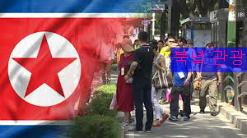

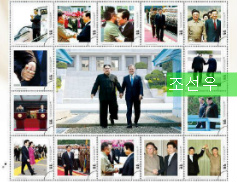
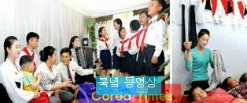

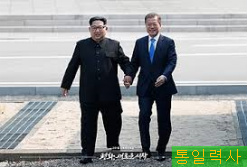







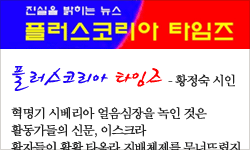


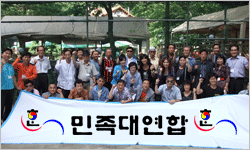
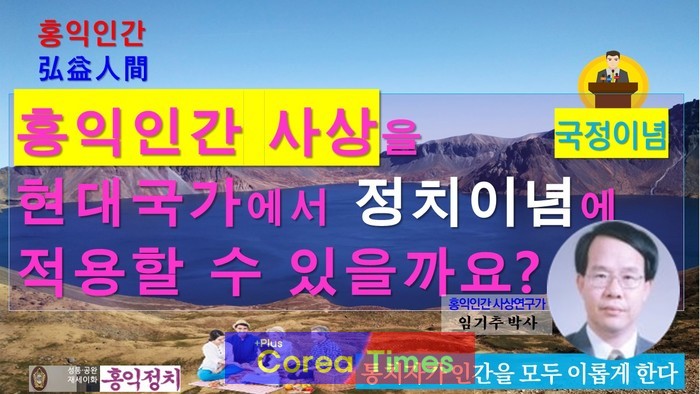






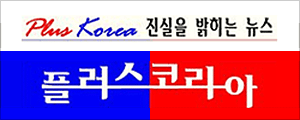

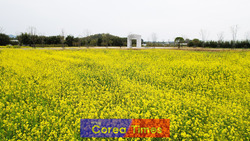


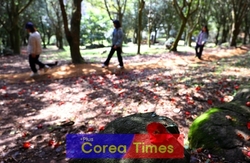
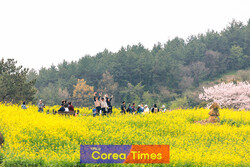
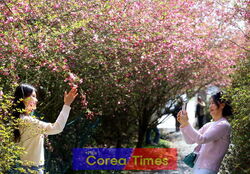


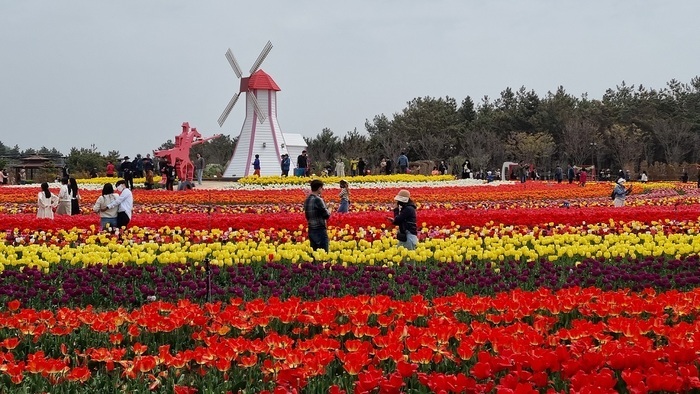
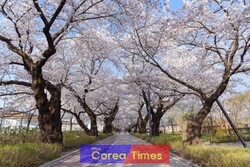
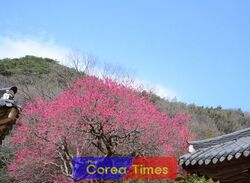

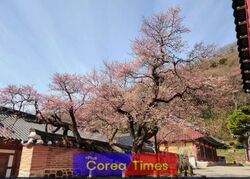
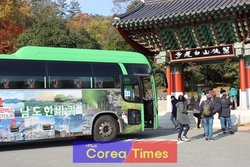
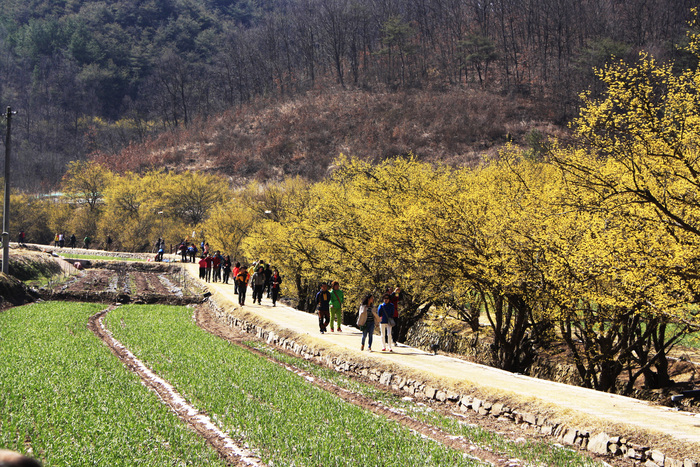
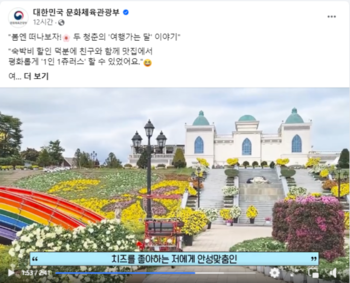

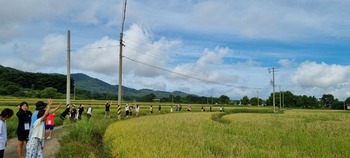

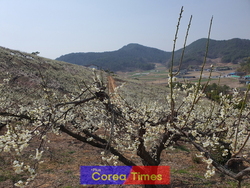

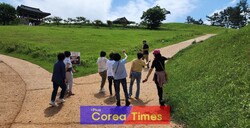
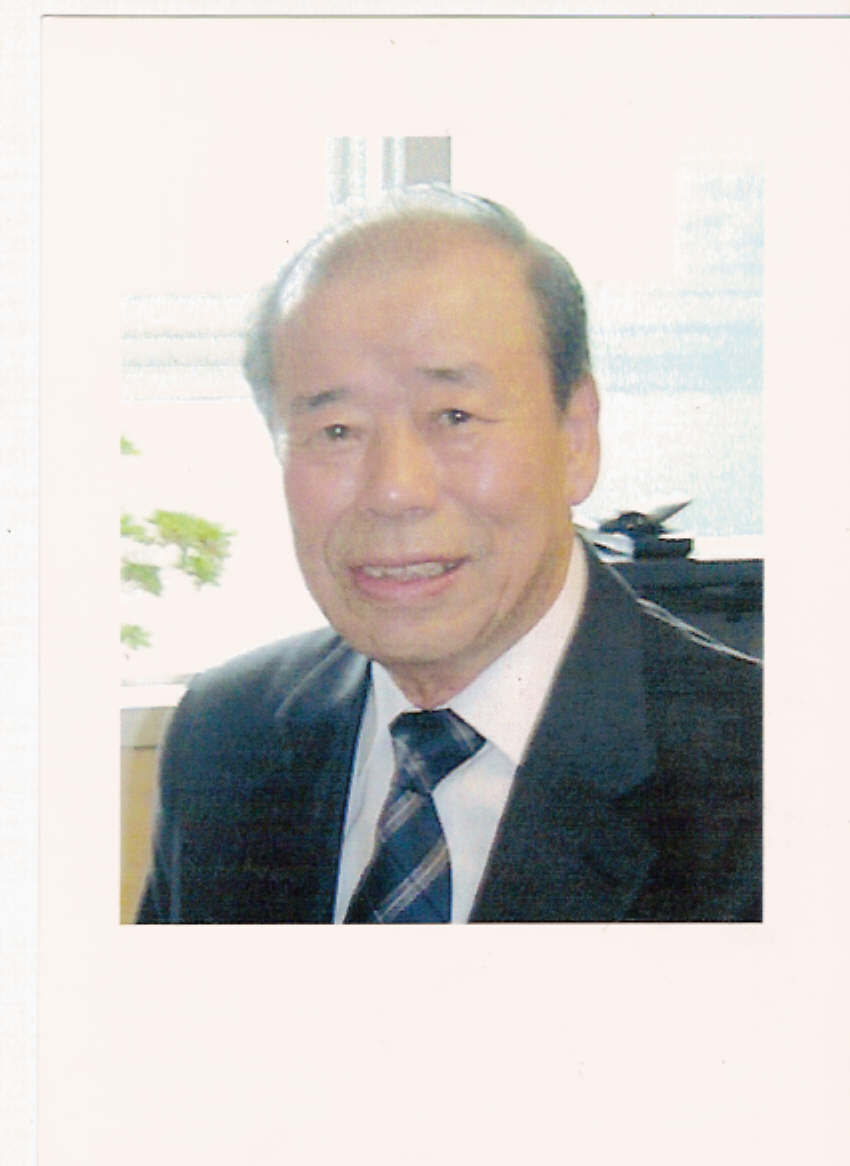
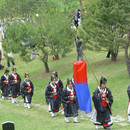


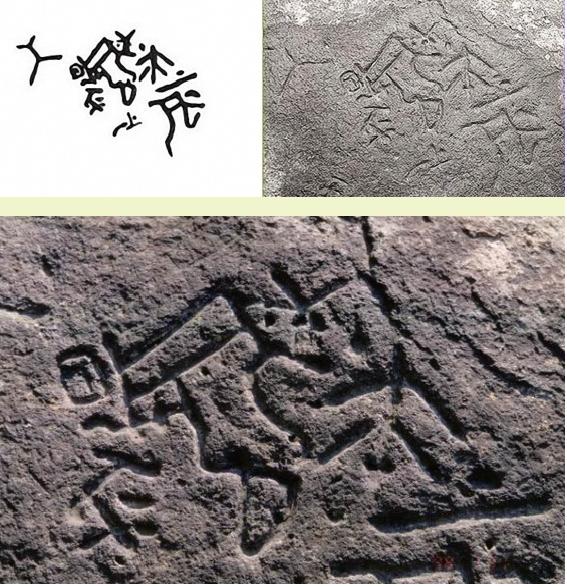
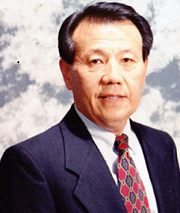
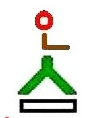
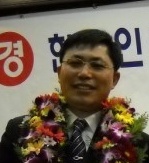
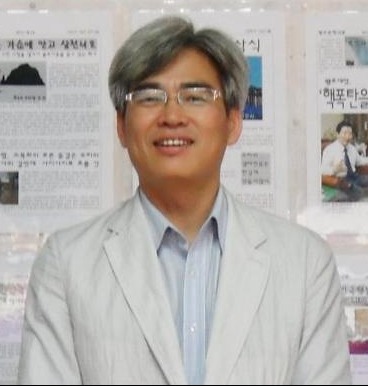
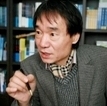
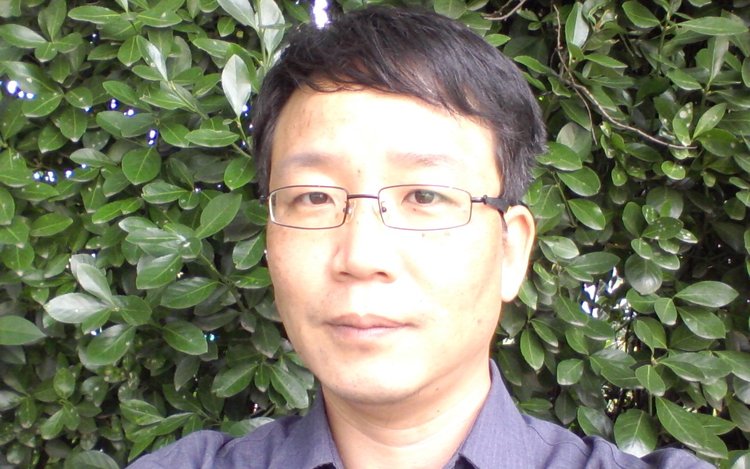
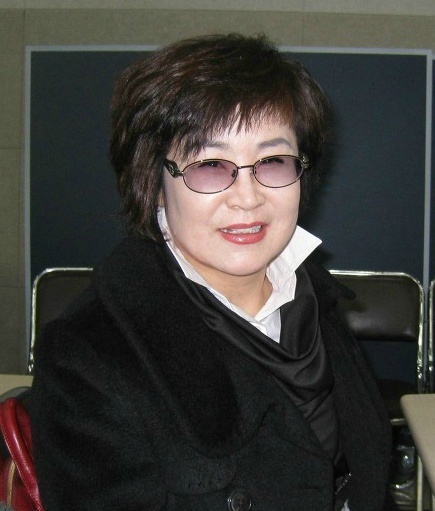

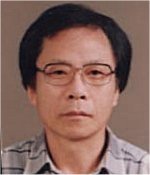
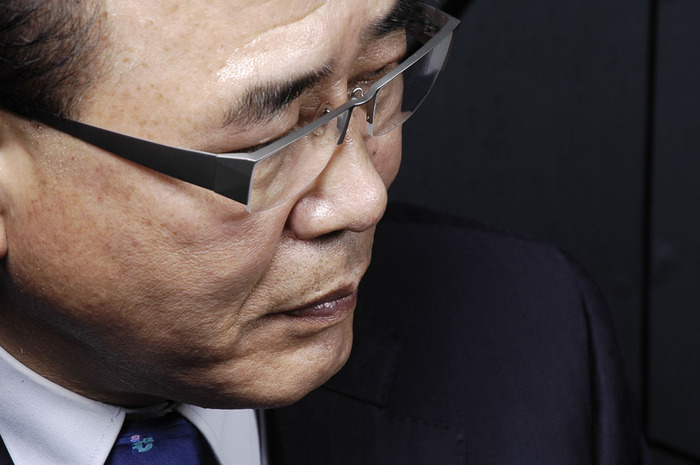
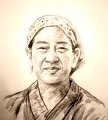

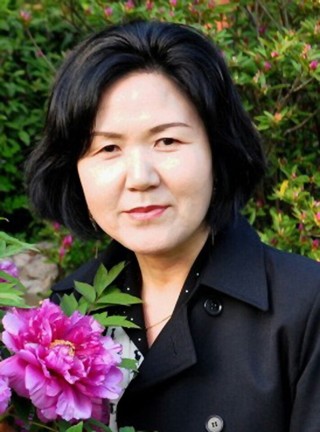
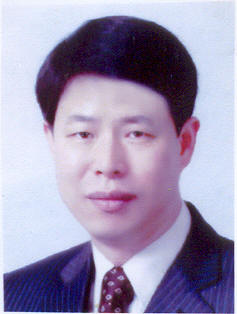

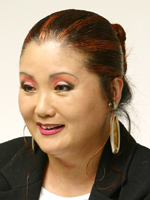
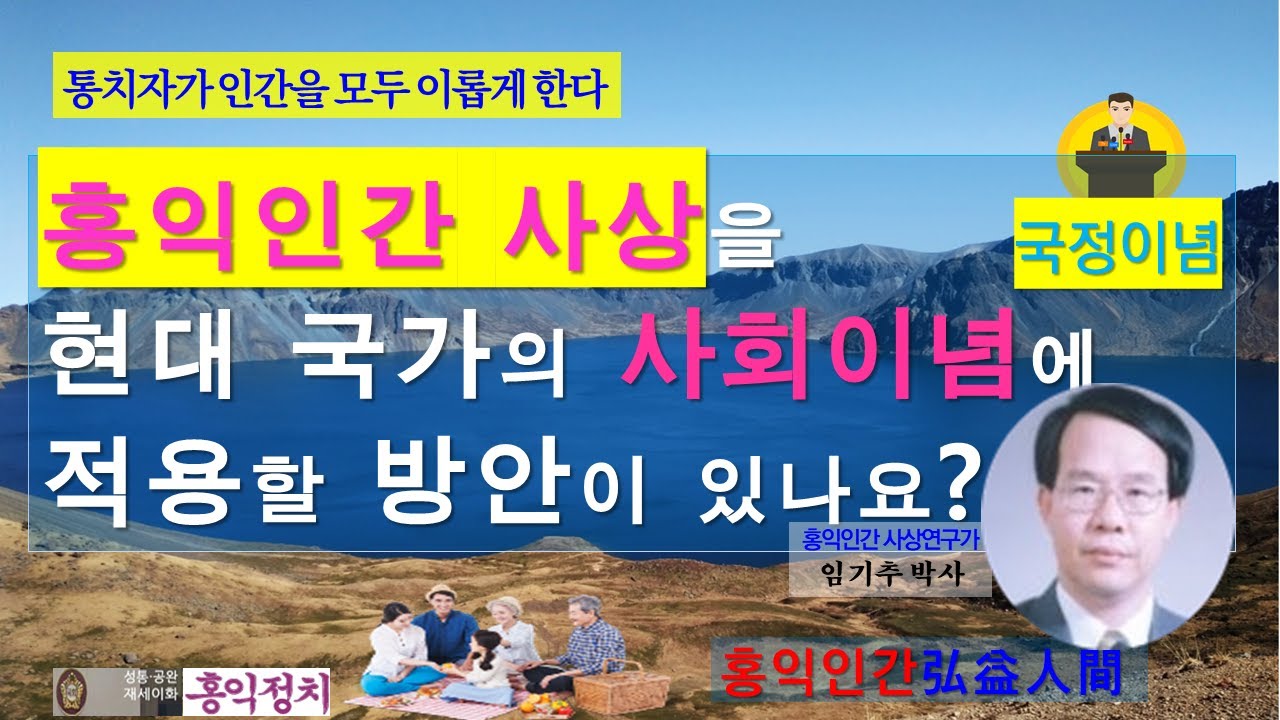

 '잊혀진 계절'누굴위해 존재하는가
'잊혀진 계절'누굴위해 존재하는가
